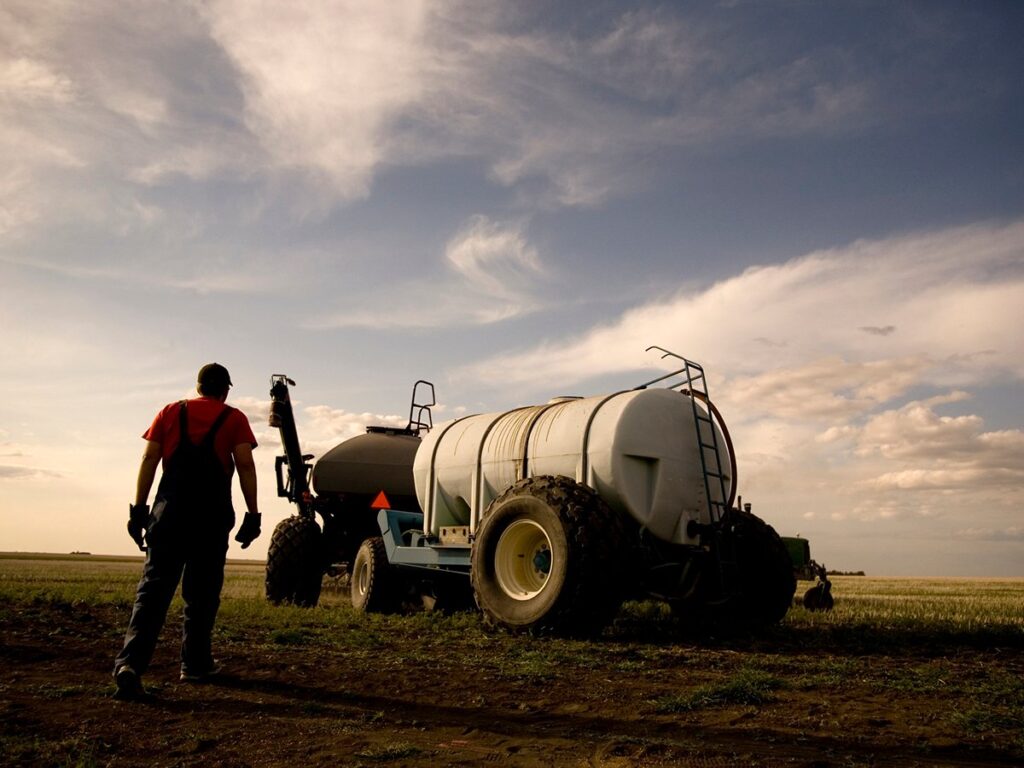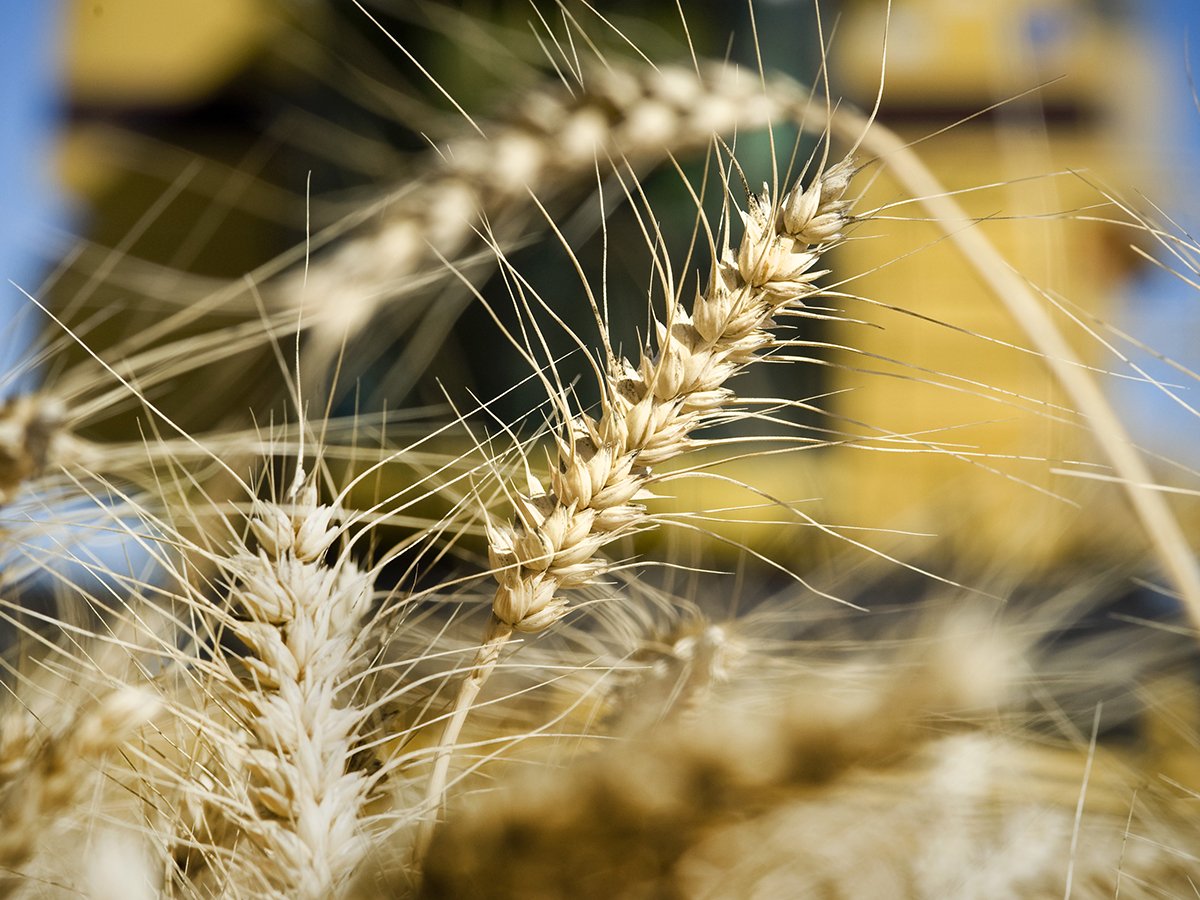Canadian farmers’ view of the federal government differs by province — but not by much

When it comes to the 2025 federal election, what do farmers from different regions of Canada have in common?
Glacier FarmMedia reporters and contributors from Ontario, Quebec, Alberta and Manitoba asked farmers about their election priorities, how represented by the federal government they’ve felt — and finally, if there’s anything they’d like farmers from other regions to understand about the issues they face.
Follow all our Federal Election 2025 coverage here
Read Also


Black Sea winter wheat crop recovers
Black Sea winter wheat prospects have improved after a shaky start, says an analyst.
In part three of this series, farmers answer the question, ”Do you feel represented by the federal government?”
Other stories in this series:
Ontario
Ontario farmers Glacier FarmMedia spoke to felt generally well represented by their MPs. In all cases, those were Conservative MPs elected in ridings where agriculture is a significant economic driver.
“From Ottawa as a whole, though, I don’t feel the current government provides as much support as I would like to see for grain farmers across the country,” said Matt Underwood.
Brayden Older, a dairy farmer near Embro, says he “feel(s) like we’re rudderless right now.” He criticized former Prime Minister Justin Trudeau for proroguing Parliament immediately upon announcing his intention to step down as Liberal leader. He also mused about the possibility that the nation could — if Pierre Poilievre’s Conservatives win the election — potentially be led by three different prime ministers within a few months.
Pete Overdevest, who is on the Dairy Farmers of Ontario board, says the ruling Liberals made campaign promises in the past but failed to follow through once elected. He expects little better this time.
Overdevest and fellow dairy farmer Braydon Older shared the concern that if the Liberals secure a third successive victory the alienation due to lack of representation for farmers — particularly Prairie farmers — in Ottawa will rise to troubling levels.
Older wants to hear assurances from party leaders this campaign that supply management will be protected in any trade negotiations. But he admitted he worries that putting too much emphasis on poultry, eggs and dairy could leave voters in Western Canadian farm country feeling left out.
“We need to be united over the whole country,” agreed Overdevest.
Quebec
“The strongest element of a society is also its weakest link: its farmers,” said fruit producer and Bloc Québécois candidate Christian Hébert. His comments are translated from French.
“We can’t just pick up tomorrow and go. So, if farmers’ concerns are not prioritized in public policy, then we’ll be the first ones sacrificed. I find this very sad.”
Hébert said Quebecers unanimously support reciprocal norms — that is, that imported products sold in Québec must be subject to the same standards and requirements as Québec products.
“The federal government is not playing an adequate role in terms of control over products coming through the border,” he said.
Hébert said in recent years there have been several demonstrations in Quebec, other provinces and the U.S. about reciprocal norms.
Alberta
Hog and grain farmer Bryan Perkins said agriculture seems to get lost in the mix, while tariffs on other industries receive all the attention from the federal government.
“They’re spending a lot of time working on and being worried about tariffs and whatnot, but we’re here with 100 per cent tariffs on canola oil and canola meal and 25 per cent tariffs on pork going to China, and there just doesn’t seem to be a whisper on that,” he said.
“Yet, when there’s a 25 per cent tariff on automobiles or steel and aluminum — and those are all really important industries, for sure — all of a sudden there’s lots of government attention,” Perkins said.
China placed tariffs on agricultural products in retaliation for those Canada placed on electric vehicles, he said.
Manitoba
Curtis McCrae said his biggest fear is that eastern voters will forget what has happened in the last ten years.
“We haven’t been represented as part of the country. We’ve just been where everything gets pushed to solve problems,” he said.
He said he’d love to see a government that understands the importance of primary industry, and the growth it can spur in the rest of the economy.
Scott Peters, who sits on the Canadian Pork Council, said representation has been okay at times. It can be difficult to get meetings with officials, but he understands they are very busy.
However, he said AgriStability has been toyed with too much, and programs have been cut — possibly because agriculture is poorly understood or forgotten.
Source: producer.com


